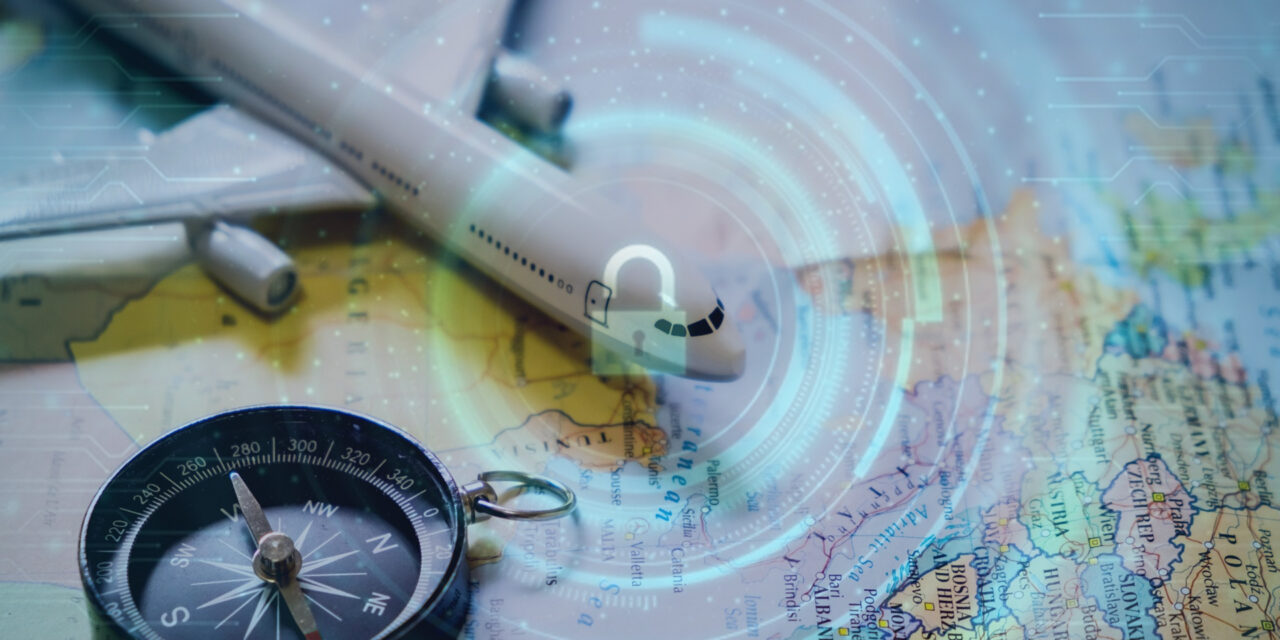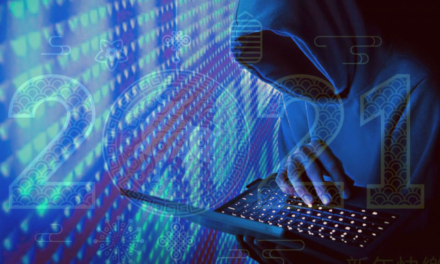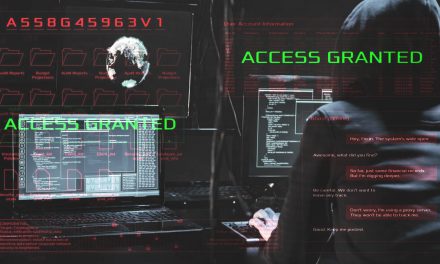The safety of workplaces or tourist destinations that are now reopening can be a far cry now from pre-pandemic days…
For better or for worse, world borders are reopening gradually due to the agreements to recognize ‘vaccinated travel lanes’ and similar travel agreements based on vaccination status.
However, travelers venturing out must be on tenterhooks: what surprises lay ahead for them when so much has changed and will continue to change?
Besides ensuring that they possess the right vaccination documents and clear all the requisite rapid tests, what else should they look out for, to stay safe in terms of cybersecurity and foreign public health regulations?
Here are some thoughtful tips from Christine Schönig, Regional Director Security Engineering, Check Point Software Technologies …
- Before the trip
Before embarking on a trip, one should inform oneself about the security situation and legal requirements and have contact addresses ready for emergencies. For example, if you suspect that data has been lost during the trip, you should immediately inform your employer and the relevant authorities. It depends on the scope of the potential data loss. The principle of data economy should be observed and, if possible, dedicated travel laptops or smartphones without sensitive company data should be used.
In addition, a healthy skepticism against contact attempts and gifts is in order. One must always be vigilant about service providers and unknown individuals. Furthermore, everyone should keep in mind that in some countries one must exercise restraint with regard to political and historical topics or cultural expressions. This applies just as much to postings on the Internet or to correspondence.
Accordingly, it is important to inform oneself about permitted encryption products and to limit confidential communication to the necessary extent. - Physical threats
For the physical threats, simple rituals can help, such as using a cover for the screen camera, a protective film that prevents the monitor from being seen from the side; or special covers for the cash cards in the wallet that shield against radio radiation. Reading the latter data via the NFC chips is possible at any time without direct access to the cash card. User rights should generally be restricted and only cover the most necessary authorizations. - Public networks
The use of public networks overseas should be avoided, and automatic connection to public hotspots should be disabled, so that an attack cannot be carried out via fraudulent or hijacked networks.
Unknown overseas public networks are usually very poorly protected and are open to man-in-the-middle attacks, where a hacker gets in between any communication points and reads everything. It is essential to establish a secure VPN connection and to disable directory sharing so that access to confidential data is impossible.
When returning to office
Finally, before returning to the office from the trip (where applicable) and integrating your work devices into the corporate network, make sure that they have been thoroughly scanned for malware.
In addition, the endpoint security solution available on the laptop must be updated to the latest version. This secures the use of the end device in the public W-Fi network as well as in the company network. In general, regular testing of the laptop or smartphone is recommended.
If these simple measures are observed, many travel-related cyber threats can be circumvented or mitigated.

















